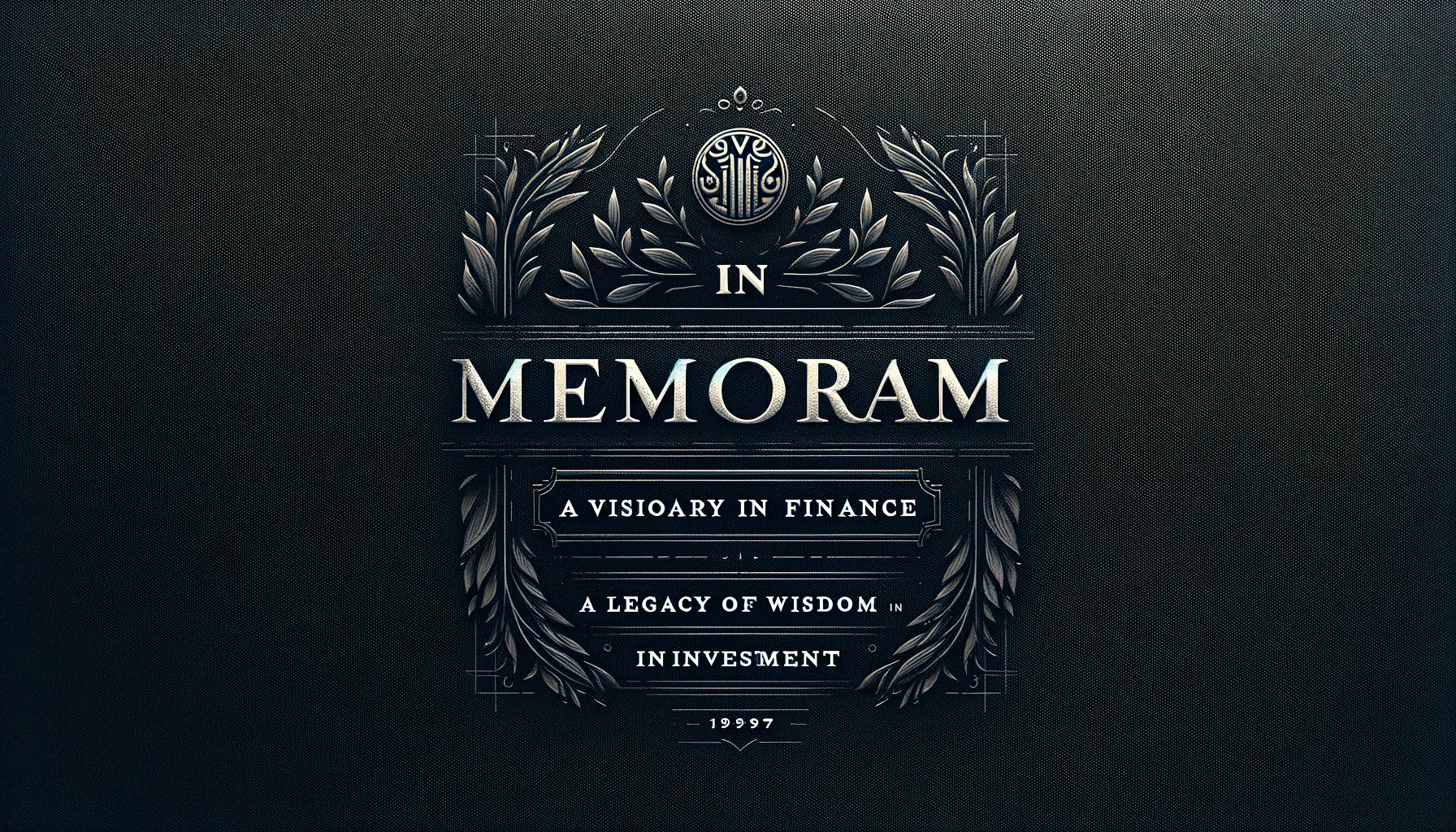
The investing world recently bid farewell to one of its most iconic figures, Charlie Munger, who passed away at the age of 99. Munger was not just Warren Buffett’s right-hand man at Berkshire Hathaway but also a legendary investor, thinker, and a fountain of wisdom. In this article, we’ll dive into Munger’s life, exploring the key lessons and stories that defined his legacy. His journey wasn’t just about financial success; it was about a philosophy that continues to inspire investors, entrepreneurs, and thinkers worldwide.
Early Life and Education: The Foundation of a Future Titan
Charles Thomas Munger was born in Omaha, Nebraska, in 1924. From an early age, Munger was known for his intellectual curiosity and relentless pursuit of knowledge. He attended the University of Michigan, studying mathematics, and later served in the U.S. Army Air Corps during World War II. Post-war, Munger attended Harvard Law School, graduating with a Juris Doctor in 1948. This period laid the foundation for his analytical and disciplined approach to both law and investing.
Legal Career and Transition to Investing
Munger’s legal career began in California, where he established himself as a successful attorney. However, his interest in investing soon overshadowed his legal pursuits. Munger was heavily influenced by the investment philosophy of Benjamin Graham, the father of value investing. He started investing in the late 1950s and early 1960s, eventually founding the investment partnership Munger, Wheeler & Co.
Berkshire Hathaway and the Buffett-Munger Partnership
The pivotal moment in Munger’s career came when he partnered with Warren Buffett in 1978. Together, they transformed Berkshire Hathaway from a struggling textile mill into a massive conglomerate. Munger’s influence was profound, pushing Buffett towards a philosophy of investing in high-quality businesses with competitive advantages and excellent management, rather than just cheap companies.
Munger’s Investment Philosophy
Munger’s investment style was characterized by patience, discipline, and a focus on long-term value. He advocated for the concept of “mental models,” a multidisciplinary approach to understanding businesses and investments. Munger believed in learning from a wide range of disciplines, including psychology, economics, and history, to make better investment decisions.
Personal Life and Philanthropy
Away from the limelight of investing, Munger was also known for his philanthropic efforts. He contributed significantly to educational institutions and other causes. His personal life, marked by humility despite immense wealth, reflected his belief in living within one’s means and focusing on what truly matters.
Legacy and Impact
Munger leaves behind a legacy that goes beyond financial success. He was renowned for his sharp wit, clear communication, and memorable quips. His speeches and interviews are a treasure trove of wisdom, not just for investors, but for anyone seeking a rational and disciplined approach to decision-making.
Key Takeaways
- Long-Term Perspective: Munger’s success underscores the importance of patience and a long-term view in investing.
- Learning and Adaptability: His multidisciplinary approach to learning highlights the value of adaptability and continuous learning.
- Ethical Investing: Munger’s ethical stance and emphasis on investing in companies with good management practices remain guiding principles for investors.
- Simplicity and Clarity: His ability to explain complex ideas in simple terms is a lesson in effective communication.
As we reflect on Charlie Munger’s life and contributions, it’s clear that his impact extends far beyond the financial statements of Berkshire Hathaway. His teachings and philosophy continue to resonate, serving as a guiding light for investors and business leaders. In Munger’s own words, “The best thing a human being can do is to help another human being know more.” In this regard, Charlie Munger was truly exceptional.







